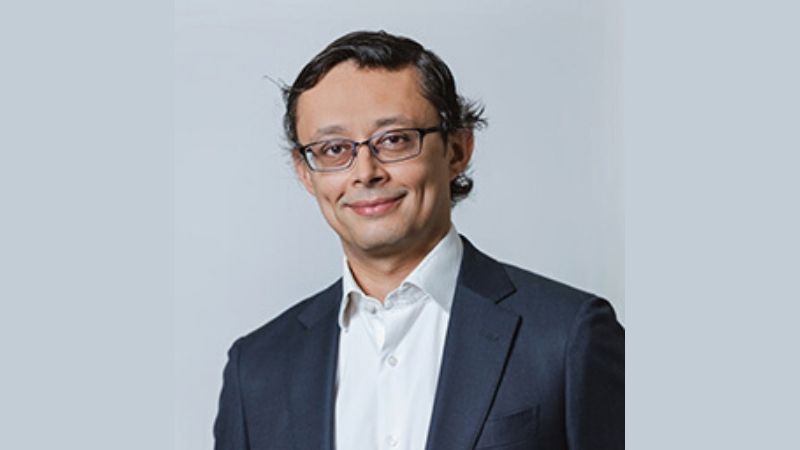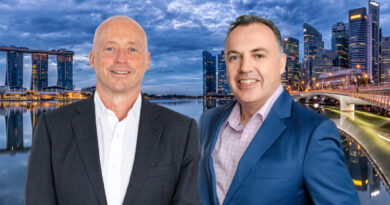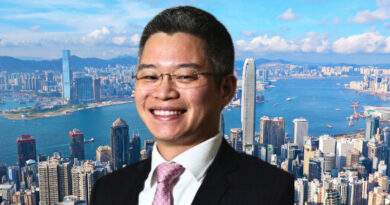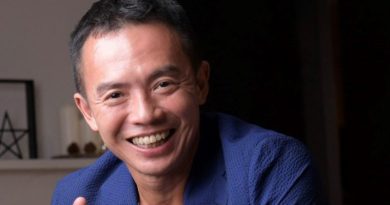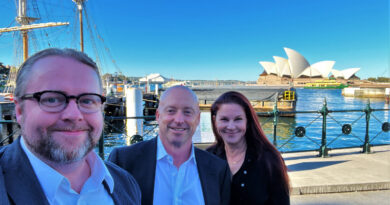Anubhav Mehrotra: “EASTvine provides short-term credit to companies in the commodity supply chain”
EASTvine Capital is an Asia-Pacific focused, independent asset manager run by a team of experienced professionals. Its aim is to provide stable returns via the financing of physical commodity trade flows. Anubhav Mehrotra is the Chief Investment Officer of EASTvine Capital. Hedge Funds Club’s Stefan Nilsson talked with Anubhav in Singapore about leaving a big bank to launch a fund business, risk management, recent frauds in Singapore’s commodity sector and much more.
You left Citi’s commodity trade finance team in 2018 and proceeded to start working on the launch of EASTvine Capital. Then a global pandemic hit. What can you tell us about launching a fund management business in these circumstances? How did you manage to do it?
As they say, when it rains it pours. If first-time managers launching a relatively new strategy wasn’t challenging enough, the pandemic certainly added more excitement into the mix. As you mention, we set up the fund in late 2018 and spent most of 2019 between capital raising efforts, creating investor awareness around the asset class and, to the extent reasonable given our size, institutionalising many of our internal policies and procedures. 2020 definitely put a break in investor dialogue as asset allocators took stock of their own portfolios and risk management, but we re-started various discussions by Q4 2020. In the meantime, we spent this time creating a foundation for a robust middle and back-office given how key it is for our investment strategy. It was not straightforward staying the course, but we continued to believe in the team, strategy and timing, and I am pleased to share that we recently closed our Foundation Investor share class and began fund investments.
Your investment strategy is focused on trade finance in the physical commodity trade. You are based in Singapore where we in recent years have seen some spectacular trade fraud cases in the commodity sector. How do you avoid exposure to such frauds?
We feel that while some of the stories coming out of Singapore in the commodity sector made headline news, it gave us the opportunity to have more nuanced discussions with many investors on the nature of the underlying issues. Fraud can and does occur in every sector in every part of the world. There is no magic formula to avoid fraud but the team’s experience and approach to deal origination and risk management and controls ensure that we try and mitigate many of the risks, including fraud risk. This involves a disciplined approach to the investment process in every aspect of deal flow – a wholistic analysis of the borrowers and investment, careful deal execution and strict monitoring of the transaction till closure.
The fund’s strategy provides investors with an opportunity to participate in the commodity supply chain without the downside risk associated with volatile commodity prices. Can you explain your approach to risk management?
Our investment strategy involves the provision of short-term credit to companies – primarily SMEs – in the commodity supply chain. Risk identification and mitigation is a fundamental aspect of the strategy and ensuring risk/return objectives are met. While the fund itself is not directly exposed to commodity price volatility we do keep track of commodity prices and their impact on the borrowers’ operations and the underlying collateral which may be held as security. The management team has decades of experience in evaluating, monitoring and resolving the various risks associated with commodity trade finance transactions and have relevant policies and procedures to ensure risk discipline.
How do you balance investment activities with capital raising and IR activities? Is it possible to do both effectively when you are a smaller and newer startup fund manager?
As you can imagine with a start-up fund manager, the entire team wears many hats and supports each other all the time. While I have primary responsibility for capital raising, we all need to be involved in these efforts. Similarly, the management team forms part of the credit committee which unanimously decides on all investment decisions. It’s a far cry from the specific roles we held in our banking days but immensely challenging and enjoyable.
What has been the hardest thing for you when it comes to capital raising in these first few years of setting up your business?
Capital raising has been a slog – no two ways about it. Despite certain research showing start-up managers outperform, it understandably remains that asset allocators, especially in uncertain times, feel more comfortable allocating to established managers. Despite the additional macro challenges – pandemic, perceived issues in the commodity sector, news of ‘trade wars’, etc. – we had many positive discussions with investors who also understood, if executed well, this strategy can offer real portfolio diversification and attractive risk-adjusted returns. And for those discussions, we are grateful!

